Merriam-Webster defines bad faith as a lack of honesty when dealing with other people. In the context of insurance, it’s not much different. Bad faith attorneys protect you from insurance companies lying to you about your claims.
It’s easy to deal with people who lie to us in our personal lives. We stop talking to them and cut them out of our lives. But holding insurance companies accountable is a little more complicated. These companies have ample financial resources and negotiating power and are experts at voiding liability claims.
This article discusses bad faith insurance, the different types of bad faith insurance claims, and the challenges of filing a claim. It also discusses how to find the right bad faith insurance attorneys if you suspect you’re being victimized.
Your insurance companies have a duty of good faith to their policyholders. If insurance companies aren’t holding up their end of the bargain, contact our Denver Law Firm to schedule a free legal consultation.
Table of Contents
Understanding Bad Faith Insurance
Insurance companies have duties to uphold for their members. You pay their premiums expecting that insurance companies maintain their policy terms and pay the claims covered on your policy. Bad faith insurance results from an insurance company neglecting its responsibility to its policyholders.
Bad faith lawsuits don’t pertain to a specific type of insurance. All kinds of insurance companies act in bad faith. Companies may manipulate policy language and records, avoid paying claims for unjustified lengths or make unnecessary demands for proof of loss. They can also conduct a negligent investigation of the claim or use abusive tactics to force claim withdrawal.
However, merely having a disagreement with an insurance company over a perceived slight won’t stand in a courtroom. You have to clearly show insurance companies don’t have sufficient enough evidence to refuse your claim.
Insurance bad faith attorney Denver can be the difference between getting the compensation you deserve and walking away empty-handed.
The Most Common Examples of Bad Faith Insurance:
The following examples are the most common examples of bad faith insurance in the United States.
- The insurance company didn’t conduct a thorough investigation of your claim and refused to pay anyway.
- The insurance company intentionally misinterprets or manipulates the data to disprove or reduce your claim.
- The insurance company denies your claim without providing a reason.
These examples demonstrate the tendency for companies to neglect their insurance contract. If you notice your company engages in these behaviors, you should consider filing a lawsuit.
First-Party Vs. Third-Party Bad Faith Insurance
There are two types of bad faith insurance claims: first-party and third-party. First-party insurance claims are those that policyholders bring against their insurance company for not covering their damages. In these cases, plaintiffs believe their insurance provider withholds payment on a claim they shouldn’t.
Third-party claims involve the policyholder, insurance company, and a third party the insurance company refuses to accept liability for. The policyholder can sue the insurance company for not covering the third party’s damages.
Third-party cases typically involve flawed investigations on behalf of the insurance companies. The insurance company knowingly engages in deceptive actions throughout its investigation, and because of this deception, the policyholder is held liable.
Common-Law Bad Faith Insurance
There are two types of bad faith insurance laws: common law and statutory claims. Common law refers to case law, and statutory law relates to claims that use statutes and regulations as their legal ground.
A United Policyholders Advocation and Action Program survey demonstrates how common law bad faith insurance laws vary from state to state. Some states describe bad faith as any claim denial that is “unreasonable or without proper cause.” Other states only assign liability to cases in which a denied claim is not “fairly debatable.” Furthermore, some states view bad faith insurance law as a breach of contract, while others view it as a tort case.
Though common law for bad faith insurance is still evolving, its roots lie in Comunale V. Traders General. Today, the prevailing common-law tort theory is that “the insurer owes its policyholder good faith and fair dealing.”
Generally, common-law bad faith insurance lawsuits must prove the following two points:
- Valid Claim– The lawsuit must establish you had a valid insurance claim under your policy terms. You also have to prove your insurance provider denied your claim. Keep in mind that some states require you to send a final demand to your insurance provider before filing a suit.
- Unreasonable Withholding– States’ definition of “unreasonable withholding” varies. For example, Wisconsin only issues liability in claims that insurance providers intentionally deny claims. In states such as this, negligence does not constitute bad faith.
Colorado Common-Law Bad Faith Insurance
In the 2018 court case, Shultz V. GEICO Casualty Company established some standards for Colorado’s bad faith insurance law. For example, the Colorado Supreme Court decided that insurance companies cannot present evidence to the court after the incident. Insurance companies can only use the information they considered at the time of their decision to delay or deny a claim.
According to Travelers Ins. Co. v. Savio, (Colo. 1985), Colorado bad faith claims must establish the insurer acted unreasonably with knowledge of their behavior.
Statutory Bad Faith Insurance Claims
Statutory bad faith cases use state legislature laws as precedents. States create statutes to protect policyholders from dishonest and fraudulent actions. Unlike common-law claims, regulations set clear distinctions for what insurance companies can and cannot do regarding bad faith.
Common examples of statutory precedents courts find insurance providers liable for:
- Insurance providers must give their policyholders a reasonable explanation for denying their claim or providing a compromise settlement.
- Insurance providers’ negligence in regards to issuing a prompt, equitable settlement for claims when liability is clear.
- Sub-standard investigations resulting in claim refusal.
- Insurance providers’ failure to implement adequate investigation standards
Colorado Statutory Bad Faith Insurance.
Colorado has several statutes that are particularly favorable to policyholders. For example, Colorado limits insurance providers to information present at the time of their delay or refusal of a claim. This statute means insurance companies cannot hire expert litigators to cover up their mistakes or deception.
Common law claims require proof the insurer engaged in deliberate misconduct. The only relevant points in statutory law is whether insurers deny benefits without a reasonable explanation.
Whether it be common-law or statutory law, bad faith insurance law isn’t straightforward. Hiring a bad faith insurance attorney to handle your case puts you in the best position to win your claim.
Document Your Correspondence With Your Insurance Company
Insurance companies train their employees to avoid liability, so you might be unsure of whether you have a case or not.
If you’re unsure whether your insurance company is taking advantage of you, write down all your correspondence and requests. Demand you get all of their stances in writing as well. Many insurance adjusters see what they can get away with so long as they don’t have to write anything down. Their positions become more apparent when you force them to write them down.
Failure to get an insurance adjuster’s position in writing can have adverse outcomes down the road if you decide to sue. Without written proof, insurance companies can change their stances at-will, helping them avoid accountability.
Bad Faith Lawyers Who Fight for Integrity
Paul Wilkinson Law Firm has a team that cares about upholding the sanctity of the law. We hold dishonest insurance companies accountable for their promises and get people the compensation they deserve. You don’t deserve to be taken advantage of, and we can ensure you keep insurance companies honest.
Because bad faith insurance law is unpredictable, we operate on contingency fees, which means you only pay us if you win. Call us today at 303-333-7285 or visit our website to schedule your free consultation with the legal experts at the Paul Wilkinson Law Firm.


